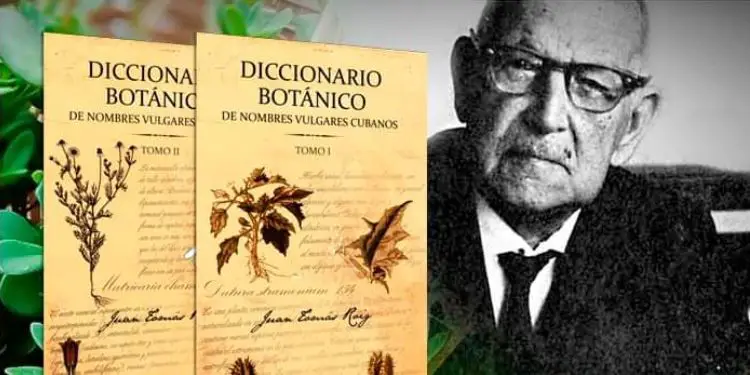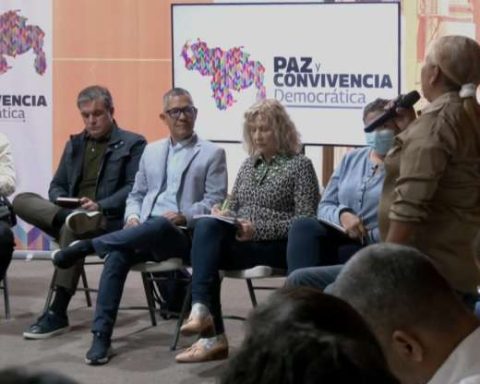AND
l last December 13th The President of the Republic presented before the Chamber of Deputies an initiative to repeal the Science and Technology Law and the Organic Law of the National Science and Technology Council and to approve the general law on humanities, science, technology and innovation. Among the novelties that this law contains, I want to refer to the recognition of science as a human right and the recognition of epistemic plurality, two important aspects for the generation of knowledge, both in the academy and through other channels outside of it, and that are used to find solutions to social problems. It is important to analyze them because if the law is approved and these provisions are maintained, they will have a decisive influence on these activities.
Regarding the recognition of science as a human right, the third article of the initiative expresses that it is made in order that everyone enjoys the benefits of the development of science and technological innovation
and, for this to materialize, the State, in its three orders of government, must support research and scientific and technological innovation, guaranteeing that the information produced is open access to strengthen universal knowledge, strengthen national sovereignty and promote sustainable development and the well-being of present and future generations, as well as protect and improve the environment. This provision is important because it regulates the human right to science introduced in our Magna Carta for more than two years, our country being the only one that recognizes this right.
In relation to epistemic plurality, in its article 9, referring to the bases of public policy on the matter, the initiative proposes the construction and development of a humanistic, scientific, technological and innovation culture based, among other elements, on the dialogue of knowledge, the horizontal and transversal production of knowledge, epistemic plurality and equity, interculturality, collaborative work, the conservation of the biocultural diversity of the country and the well-being of the people of Mexico. Epistemic plurality is nothing more than the recognition that in the production of knowledge there are more than one rationale and ways of doing it. In this aspect, the knowledge of indigenous peoples, which obeys their own worldview, stands out with its own force.
In this same sense, the twentieth fraction of the same article recognizes as a basis of epistemic plurality the claim of indigenous languages and their use in all areas of the humanities, sciences, technologies and innovation, in confluence with Spanish and foreign languages
. Although important, this provision is insufficient, since the promotion of epistemic plurality should be based on recognizing the value of diverse knowledge, the particular categories used to express it, the various ways of producing it, which often deviate from the western rationality, as well as its multiple social utilities. Languages are only means of diffusion of this knowledge.
In addition to the above, the law proposes the safeguarding, transmission and exchange of knowledge generated by indigenous peoples in the fields of humanities, sciences, technologies and innovation through all possible means, in order to avoid the privatization of their common goods, traditional practices and ancestral knowledge
. The proposal is laudable, especially given the problem of the misappropriation of indigenous knowledge by national and foreign companies, which carry out lucrative business with them, without anyone doing anything to prevent it. The problem is that this is not the law in which this should be done and this recognition will have to be promoted in the corresponding law or laws. Here it remains only as a recommendation.
The law also proposes the creation of a national system of humanities, science, technology and innovation in which natural and legal persons, public and private, who have a relationship or interest, and can contribute to the development of science, technology and innovation, would participate. innovation. The law proposes that indigenous, Afro-Mexican and comparable peoples and communities, as well as peasants, participate in it. This is very important, because if the law seeks that humanistic, scientific, technological and innovation knowledge adhere to an epistemic plurality and have a social impact, those who can contribute to making this a reality are the interested subjects themselves. The way in which they will do so may be established in the respective regulation.
If this is approved, the way of doing science in Mexico can be profoundly transformed. We will see what they decide in the Congress of the Union.

















